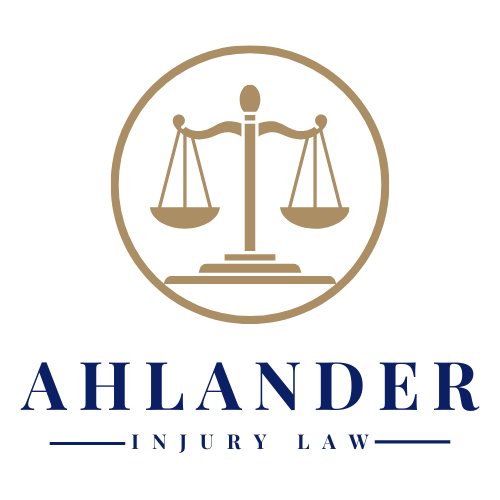Workers’ Compensation and What You Need to Know

Workers’ compensation is a type of insurance that provides medical and lost wages benefits to employees who are injured while at work. One receives the benefits if they surrender the right to sue the employer for any negligence. Various compensation insurance programs are available based on the company’s risk finance view.
The insurance is state-regulated and businesses that lack compliance attract penalties and even criminal prosecution. Companies that do not meet the threshold number of employees may be exempted from workers’ compensation. Large corporations that wish to self-insure this risk may also be exempted. In the workers’ compensation program, the benefits are awarded to the employee regardless of whether the employer or employee is at fault.
Employees Need Lawyers to File Claims
The procedure for filing a workers’ compensation claim is quite straightforward and is done by the injured party. However, the law has set certain filing requirements, and with regards to documentation and circumstance requirements, the preparation process can be complicated. In such a state, the injured worker should proceed with the assistance of a workers’ compensation attorney.
Various states and cities may have differing requirements regarding workers’ compensation. It is important that complainants select a lawyer from a proper jurisdiction. Lawyers that lack specialization in workers’ compensation law and who are outside the jurisdiction are likely to lack the ability to represent your claim correctly.
Limitations to Employers and Employees
The compensation claim is not a lawsuit directed to the employer. It is filed against the employer’s workers’ compensation plan carrier. In a workers’ compensation claim, injured workers lack the right to submit claims against the company for incidents that occur on the job. The law hinders employers from laying off workers who file a workers’ compensation claim.
The Benefits Awarded in Workers’ Compensation
The main benefits include, but not limited to:
Payment of related medical fees and allowances awarded when the worker is temporarily unable to work due to occupational injury or sickness. This is called Temporary Total Disability (TTD). TTD comes in a series of regular payments until the injured recovers to resume work. Other benefits include benefits paid when the employee is injured such that they can no longer return to working. This benefit is called permanent disability (PD). Depending on the nature and degree of the injury, PD benefits are many times a lump sum settlement.
Caution
Insurance companies actively review cases to evaluate legitimacy, to get rid of fraudulent claims and minimize the cost of claims. Some reasons and circumstances occur and can cause a workers’ compensation insurance carrier to deny benefit payments at the onset of a claim or terminate the compensation after initial benefits have been awarded.
Often, some contentions arise regarding Temporary Total Disability and Permanent Disability. This may extend to charges of illegal firing due to the acquired injury or disease. Insurance companies will always employ experts in the workers’ compensation field to handle such contention. Therefore, it is crucial for injured employees to seek the services of an experienced workers’ compensation lawyer. The experienced attorneys will help advocate for the employee’s legal benefits to being restored and compensation, of which they are entitled, is awarded.
What You Need to Do
Report the accident to the employer
Some states require that the claim is reported to the company in writing within thirty days from the day of injury. Employees can proceed with the application even if they do not report the incident to the employer. However, it is important to file the reports immediately.
Make claims with the industrial commission
Some states require that the complaint is lodged with the industrial commission within two years from the day of injury. In the case of occupational ailments, the claim must be filed within two years from the date the injured was unable to work due to occupational disease. Failure to do this may put you at risk.
Inform the doctor of the details of the accident
You may raise doubts and be a suspect if your medical information does not match the fact that you were involved in the accident. Insurance companies can use this as an excuse to deny claims.
Inform the lawyer of all facts
Workers compensation claims may be tough to handle, even when the lawyer is equipped with all the information. Lack of providing the lawyer with all details may undermine the chances of winning the claim. Injured employees should not shy off from informing their lawyers.
Hopefully, this will give you some ideas of what to expect and look for with any workers’ compensation issue. If you have more questions, or need an experience workers’ compensation lawyer, contact our office at (702) 848-6903. We’re here to help you through these times.
The post Workers’ Compensation and What You Need to Know appeared first on Ahlander Injury Law.





